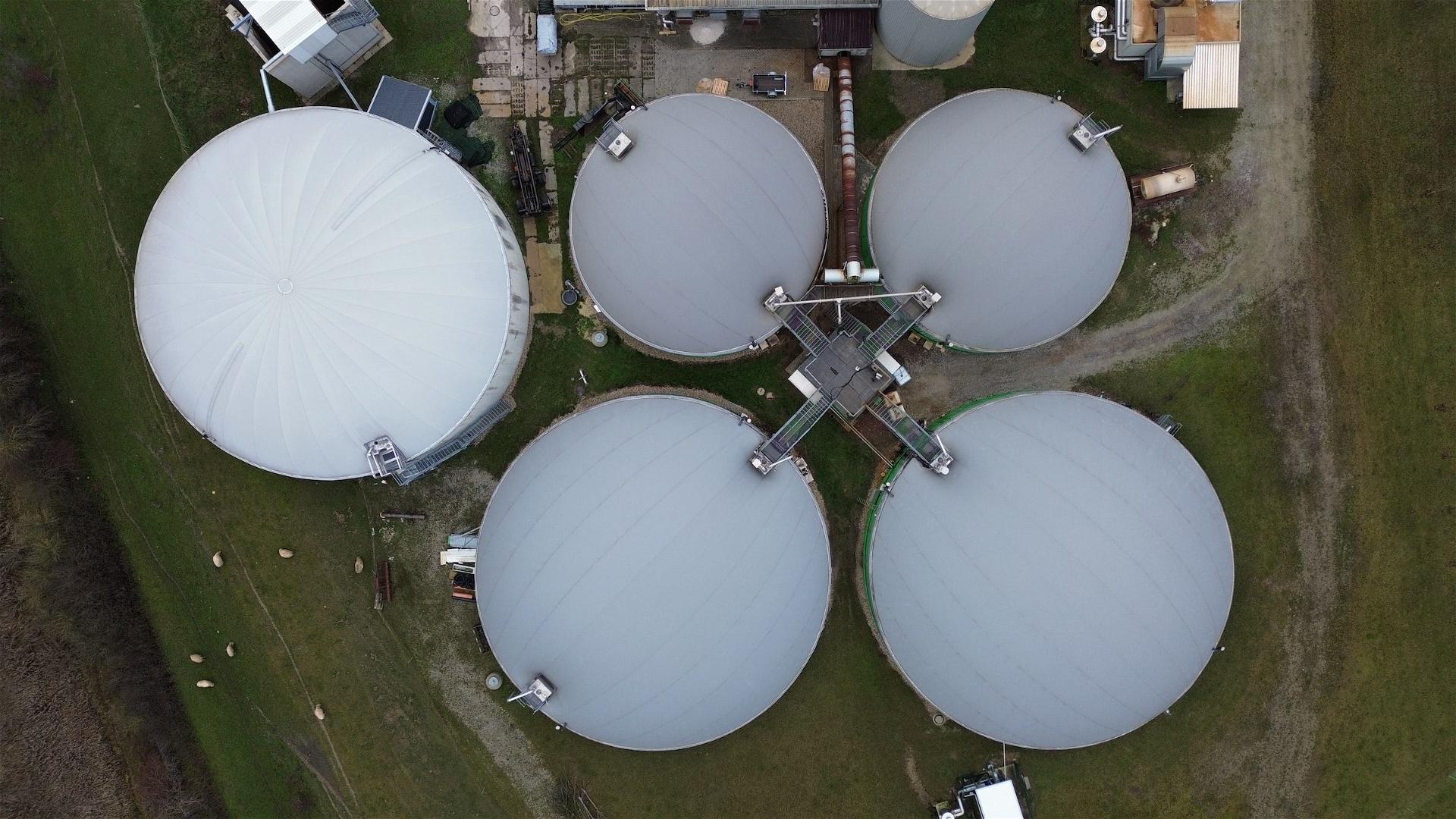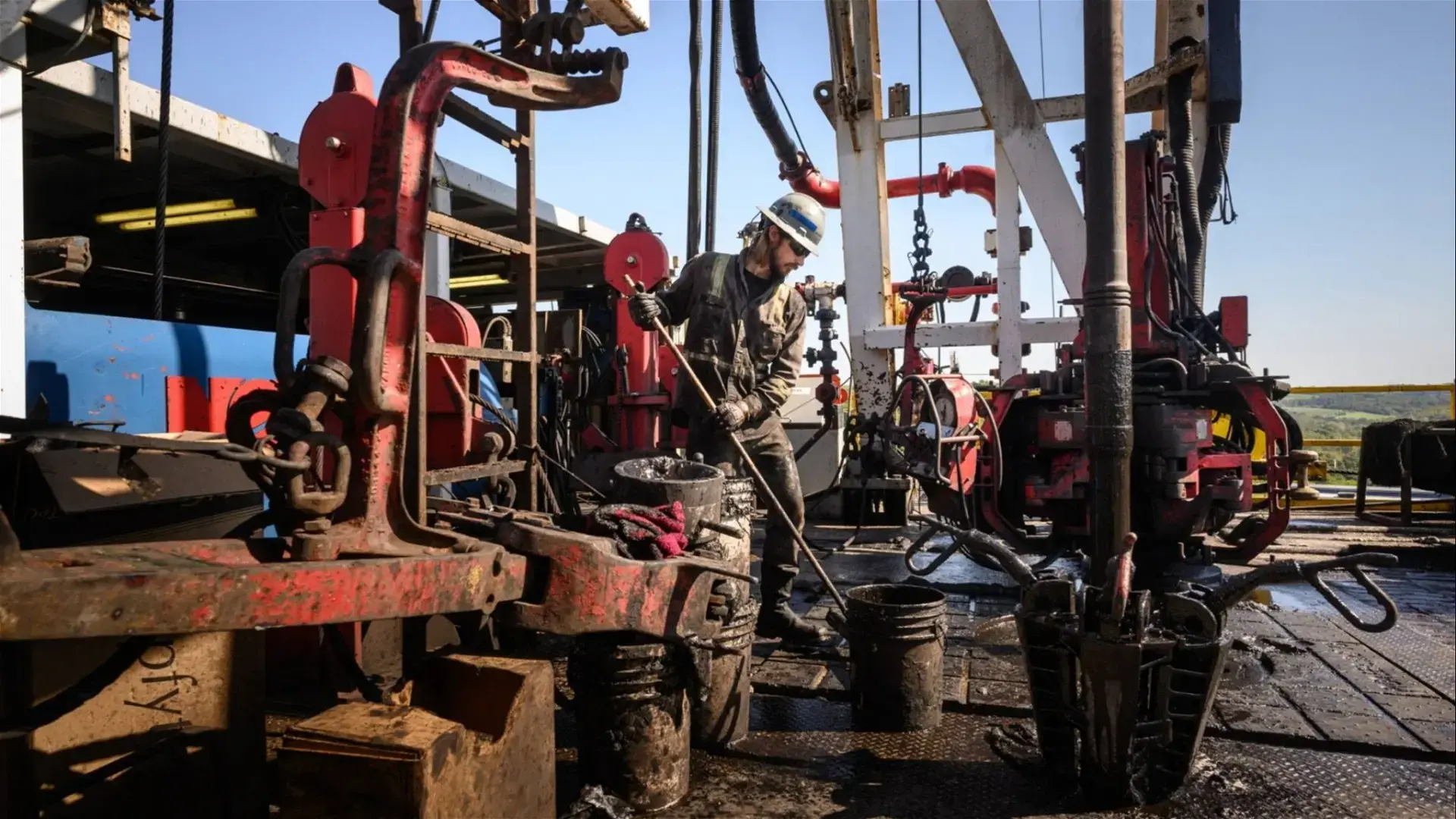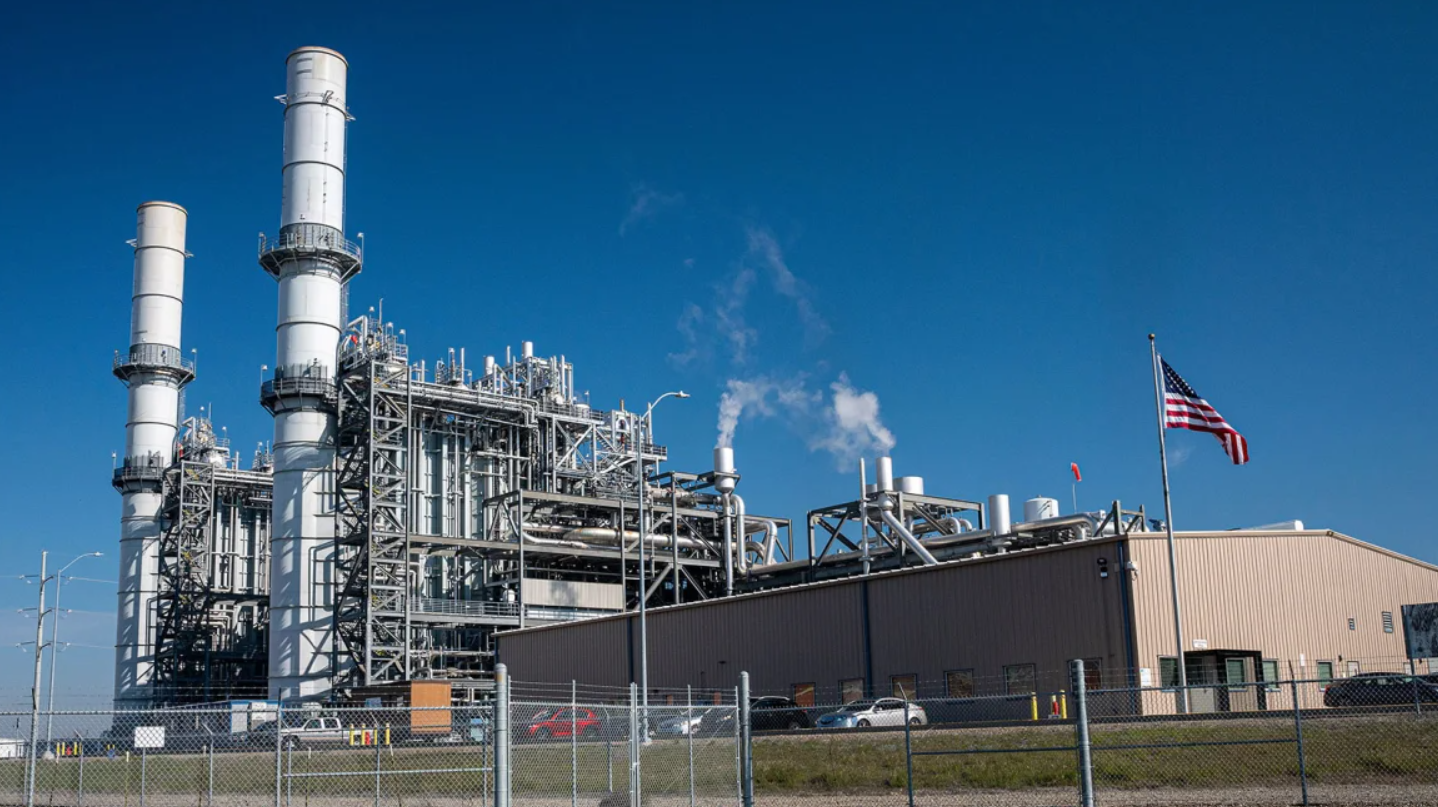· 4 min read
Recently I noticed a sharp increase in interest in the biomethane and biogas sector. It seems that interest is piquing amongst investors, policy makers and companies for this, in my humble opinion, somewhat neglected sustainable fuel. So what is causing this and is it deserved?
As a short recap; biogas is a fuel that is derived from biomass sources. There are basically two ways to generate biogas, either through anaerobic digestion (AD) or through gasification. AD is most commonly used and works with bacteria converting wet biomass, like manure, to biogas which contains 60% methane and 40% CO2. Biogas can be used to generate electricity and heat directly or be converted to biomethane which entails upgrading the raw biogas to the natural gas standard. Biomethane can be used to inject into the natural gas grid or for transportation fuels like bio-LNG or bio-CNG.
Currently there are thousands of biogas plants in operation across Europe and globally and the sector has been quietly growing for decades. Some of the key characteristics of the sector as a whole are the relatively small plants, remoteness of operations (often at farmers), constrained biomass streams and dependency on financial and policy support. Before the tragic invasion of Ukraine natural gas and power prices were always lower than the cost of biogas electricity or biomethane. In addition, it seemed that a massive scale up of these by definition scattered systems would be complicated and there were questions about the sustainability of the fuel since the produced CO2 is released again in the atmosphere and energy crops are required to boost the biogas output. Also, the sector suffered from chronic under investment due to volatility of policy support. All told it had its place in the energy transition but in the minds of most politicians and business it would have remained small.
But then everything changed. The cut off of natural gas flows from Russia following the invasion of Ukraine last year brought about a huge rise in natural gas prices. Governments were scrambling to secure alternative supplies. Ideally renewable and domestically. So the question was asked ‘what are the sustainable alternatives for natural gas right now’? and the answer was ‘only biomethane’. Hydrogen has a huge potential to be a scalable solution for especially heavy industry and transport but it is not yet here. The same applies to other more exotic renewable molecules like DME, Ammonia or syngas.
This realization has hit home hard in my opinion. The elephant in the room is that if we had had a higher penetration of renewables at the start of this period we would not have had the same dependency and volatility in the pricing. With lightning speed the EU managed to reduce the dependency on Russian supplies and install new LNG terminals to get natural gas into the market. But this is not helping the climate targets, only securing energy for the short term. The launch of REPowerEU recognized this and provided a great stepping stone for biomethane to become more mainstream as a sustainable molecule, setting the target to 35 billion cubic meters (BCM) by 2030. A huge step up from the current 4-5 BCM and implying a massive acceleration.
Is this position and subsequent target deserved? I think It is. Although perhaps a slow starter, biogas has a lot of advantages and fits very well in the current energy transition pathway. According to Guidehouse and the European Biogas Association, there is enough biomass available to have 41 BCM of biomethane by 2030. This could increase to 151 BCM by 2050, combining gasification and anaerobic digestion. Coupled with the expected reduction of the natural gas demand due to increased electrification, biomethane can become the dominant molecule and account for almost all remaining gas demand by 2050. This is even without any potential Hydrogen supply.
Also price wise we are at a good level. Guidehouse calculated the cost of generating biomethane is between 55-110 euro per MWh. Compared to a current natural gas price of around 60 euro per MWh we are already in the neighborhood economically. With taking into account the current high ETS price the overall cost is already lower than natural gas.
And when you count other advantages like less dependency on imports outside the EU, job generation, digestate valorization (as fertilizer replacement) and supply of biogenic CO2, the benefits far outway the costs. Generating between 60 and 168 euros per MWh of value makes the case for biomethane even more attractive.
In conclusion, it is great news and well deserved that biogas and biomethane are back in the spotlight. It is proven technology that can be deployed domestically right away. It has been more costly than natural gas but this is changing and adding all other benefits it is clearly one of the most cost effective green molecules there is. Larger players like Shell and ENGIE are entering the market making it possible to scale even more quickly. My modest prediction will be that biomethane still has a long successful road ahead.
illuminem Voices is a democratic space presenting the thoughts and opinions of leading Sustainability & Energy writers, their opinions do not necessarily represent those of illuminem.






